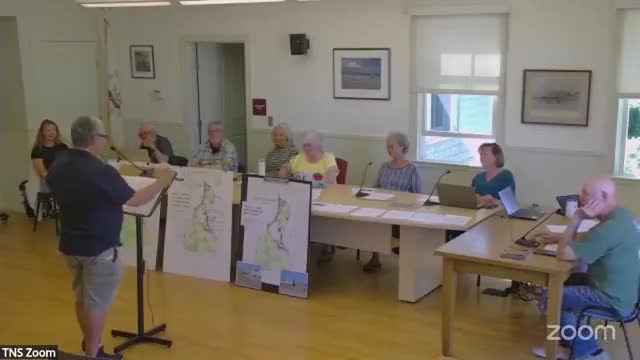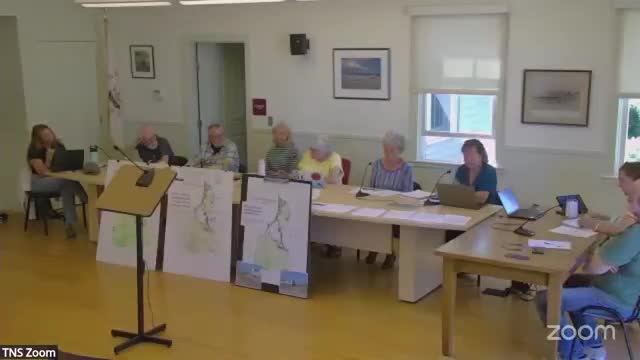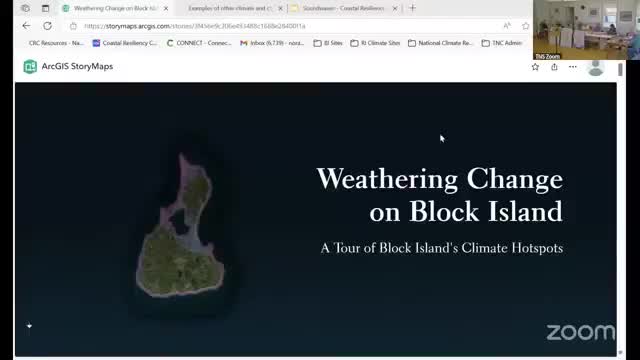Article not found
This article is no longer available. But don't worry—we've gathered other articles that discuss the same topic.

Lawrence Berkeley study finds solar could meet island demand; local policy questions remain

Votes at a glance: committee approves minutes and two letters of support

Committee discusses ordinance revisions, comp-plan alignment and homeowner relief for bluff erosion

